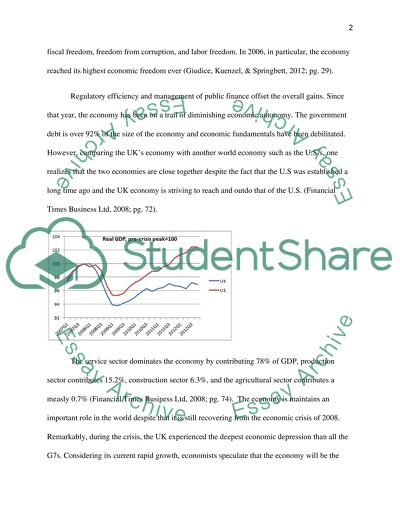Cite this document
(“A description of the UK economy Essay Example | Topics and Well Written Essays - 1500 words”, n.d.)
Retrieved from https://studentshare.org/macro-microeconomics/1647479-a-description-of-the-uk-economy
Retrieved from https://studentshare.org/macro-microeconomics/1647479-a-description-of-the-uk-economy
(A Description of the UK Economy Essay Example | Topics and Well Written Essays - 1500 Words)
https://studentshare.org/macro-microeconomics/1647479-a-description-of-the-uk-economy.
https://studentshare.org/macro-microeconomics/1647479-a-description-of-the-uk-economy.
“A Description of the UK Economy Essay Example | Topics and Well Written Essays - 1500 Words”, n.d. https://studentshare.org/macro-microeconomics/1647479-a-description-of-the-uk-economy.


